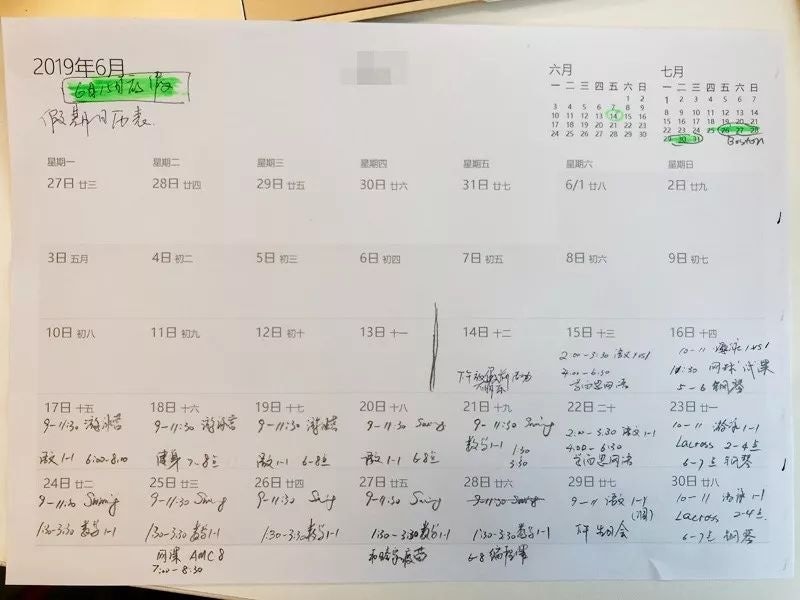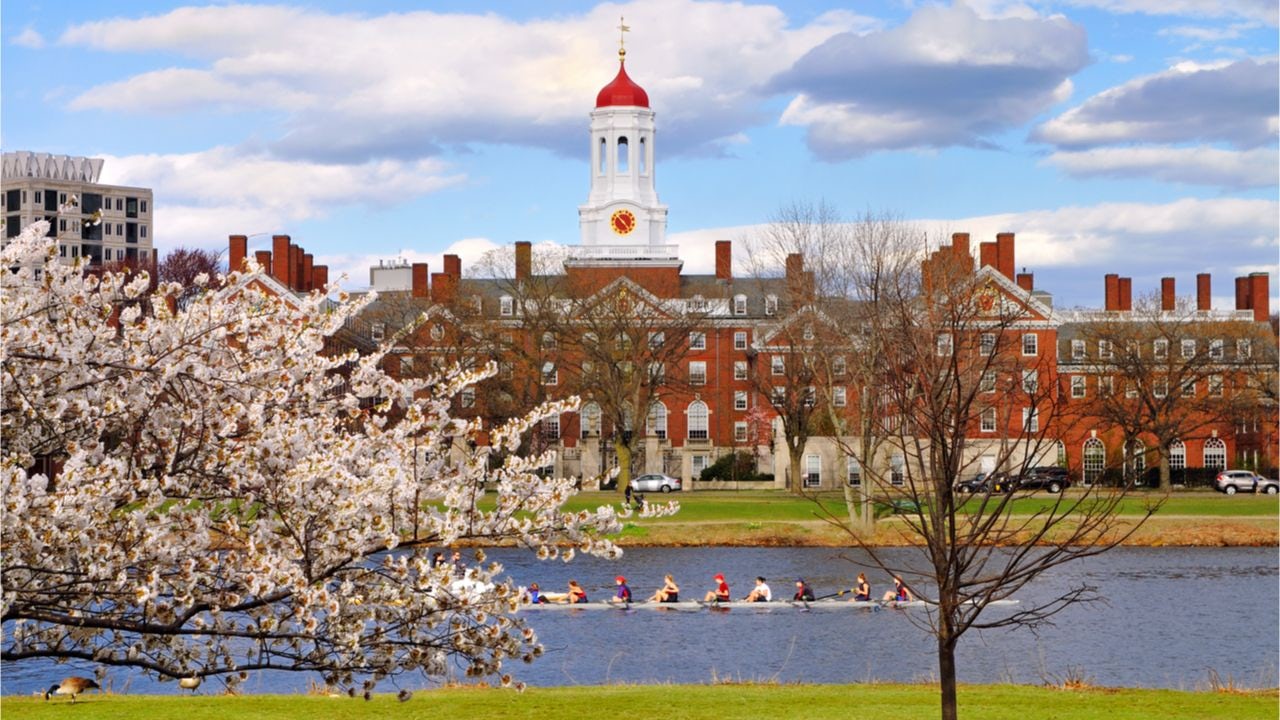Chinese moms can be tough. This was confirmed to the world when Yale professor Amy Chua first coined the term "Tiger Mom" in her 2011 memoir “Battle Hymn of the Tiger Mother,” a book that’s since become the stereotype for Chinese parenting. Eight years later, China's strict moms are once more making media headlines. This past July, a viral article titled "Shunyi moms don't deserve to have dreams" (100k+ views on WeChat alone) has put the highly affluent and status-conscious moms of Beijing's Shunyi villa district — arguably the area with the highest concentration of wealth in China — center stage. The article has sparked a national discussion on how far Chinese parents will go to get their children ahead in life.
Education has long been an important topic for Chinese, as the country’s parents are hard-wired to equate it with upward mobility. And Shunyi moms, who are often compared to New York City's Upper East Side moms, represent the pinnacle of high-stakes parenting in China.

These "Shunyi moms" aren’t confined to one district in Beijing, though. They live all across China's elite neighborhoods, villa districts, and even international upscale Chinese communities. Before becoming full-time moms, many of them graduated from Ivy-league colleges or other elite schools in the West, worked at high-profile positions, and married top-level CEOs. Having ticked all the boxes of conventional success, they now direct their energies toward raising successful children. For these women, international schools and summer camps are the bare minimum. For their offspring to succeed in a more uncertain, globalized future, Chinese elite moms are demanding a more personalized, well-rounded education. Jing Daily spoke to one "Shunyi mom," an elite education consultant, and a seasoned college counselor to catch up with this clan's fast-evolving taste in education.
Victoria Hong, 38, meets all the strict criteria of a typical Shunyi mom. She earned her high school and university degrees in Canada, worked in finance, and married someone with a PhD in medicine before moving back to
Beijing. The couple’s son and daughter both go to international schools, speak and read English at a native level, and go to sports classes after school. "My son Kevin practices rowing and is looking for an Ivy League' summer rowing program because both Cambridge and University of Pennsylvania (his dream schools) have long rowing traditions," Victoria said. While most families choose lacrosse or ice hockey for their kids, Victoria claimed it was her son’s "personal will" that brought him to rowing. Mostly unknown to most Chinese people, these sports are believed to be a bonus for Ivy League admissions. Victoria is also actively planning the 2020 summer for her daughter. "Since my daughter is interested in community service, I'm looking for a consultant that could hook her up with an Ivy-led program to volunteer somewhere," she added.

Diya Mo, a consultant from Sino Elite Education, an agency providing educational consulting to elite Chinese families, sees the number of Victoria-alike parents arise. She tells Jing Daily that the agency's main client base, many of them indeed are from Shunyi, are "high-net-worth individuals who appreciate the value of Western education because they have experienced it firsthand." She also points out that as these elite parent’s continues to expand, their educational products needs are being met by a diversified set of possibilities.
"3 to 5 years ago, if a student likes math or English, the parents would probably send him to train for a math competition or an English speech contest. Now, the parents would make him try programming, robotics, and other classes that train logical thinking skills if he likes math. If he likes English, the parents could send him to learn debate, drama, and other verbal-skill related classes," Mo added. The traditional, medal-oriented method no longer suffices the modern demand of elite Chinese families. What they want is a holistic, well-balanced preparation that would turn their children into polished humans on every level.
In general, Chinese parents deeply believe that achievement can be engineered. Strategic planning, thus, becomes the central part of Chinese elite moms' parenting. Hard-skill based services ranging from test-prep tutors, college-essay coaches, or college counselors, are taken for granted inside the clan. In an environment where "an ‘A’ is a bad grade," it is the soft-skill cultivation that Chinese moms want the most. In Sino Elite Education's WeChat menu, a series of "background enhancement" programs perfectly align with this parenting cultural climate. The menu proposes a Harvard-instructor-led acting camp, a film making workshop with an acclaimed director, a summer program in Harvard Business School, and other exclusive resources that would make a college application shine.
Jordan Dotson, a Shenzhen-based college coach who has been in the profession since 2005, agrees that elite Chinese families have evolved to be more sophisticated than before. First, these new-age parents have become more discerning about educational products. Dotson explains, "3 to 5 years ago, it wasn't uncommon that someone would come back to China with a Harvard extension school degree, open an educational consulting agency, and make millions. Today, parents will drill you with questions like 'where, how did you get that degree' to make sure they are paying a real Harvard graduate." Second, modern Chinese parents are starting to get concerned about their children's psyches like Western parents do. "Until 3 years ago, I hadn't heard any parent telling me about their kid's learning disability or any 'strength and weakness' talk. Today they are," Dotson explained. A traditional Chinese parent would likely tell the kid to simply "toughen up."
All three interviewee’s answers have pointed to a common direction. In the near future, there will be more Chinese families demanding more personalized, nuanced education that develop their children into global elites. Though such an intensive parenting culture seems like a natural extension of the good old "Tiger Mom" tradition, it's also a present-day product of what economists Matthias Doepke and Fabrizio Zilibotti, in 2019, called "the parenting gap" — different parenting styles are driven by a nation's inequality and wealth gap.
In the book Love, Money and Parenting: How Economics Explains the Way We Raise Our Kids, the authors argue that the widening income gap is the cause of the hyper-ambitious parenting in countries like the USA and China, while a relatively egalitarian society leads to a laissez-faire parenting in countries like Germany and Sweden. According to a London School of Economics study, China's inequality has soared from a similar level to Nordic countries in the late 1970s to one almost comparable with the USA today.
Therefore, Chinese parents' concern for their children's performance — academic and personal — isn't just a cultural obsession in strict parenting; it's about a self-defense mechanism to make sure their offspring stay, if not move upward, in their hard-earned status. As China's income gap keeps widening, a premium education will continue to be the most desired asset Chinese parents compete to invest.

